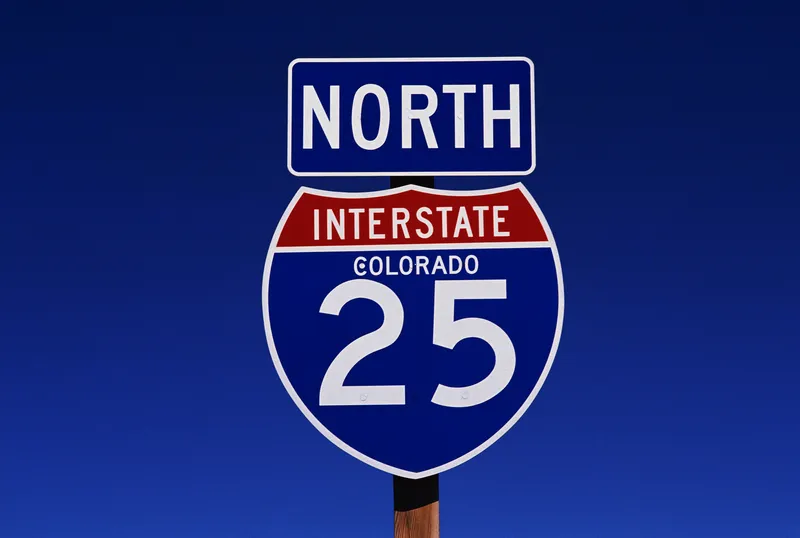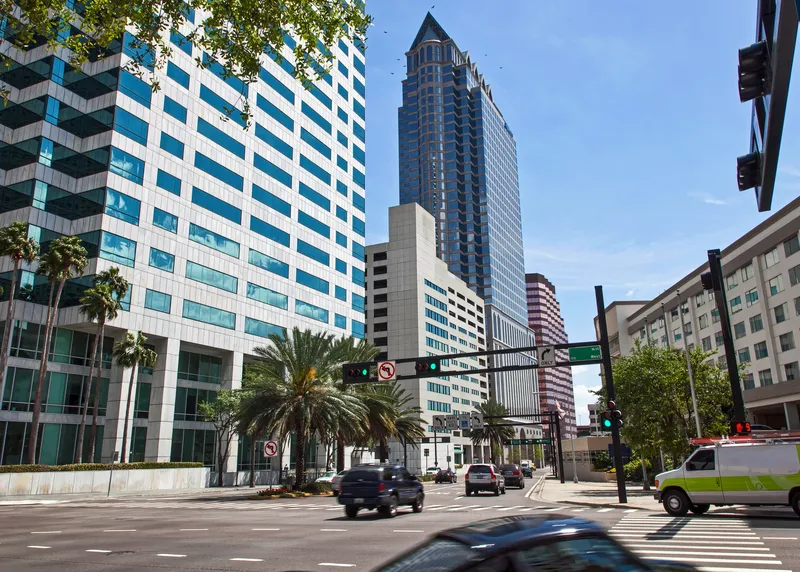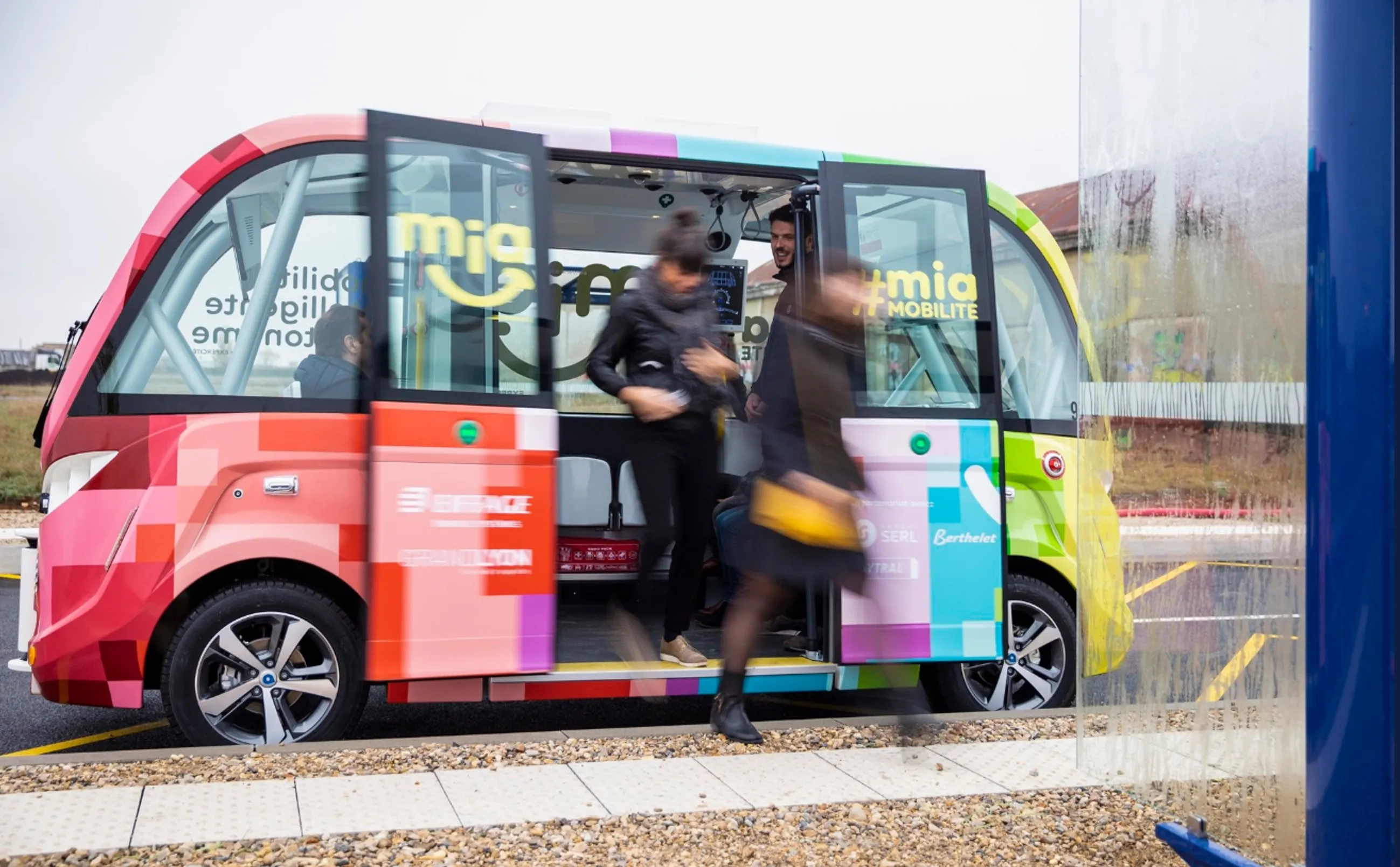
Yunex Traffic is to provide Colorado Department of Transportation (CDoT) with 150 RSU2X roadside units (RSUs) as part of a connected vehicle (CV) contract.
The one-year project is part of Colorado’s expansion of CV technology across more than 400 miles of interstate corridors - and the client has the option to extend it for up to four more years with the purchase of additional RSUs.
CDoT deployed its first CV technology in 2016 and was awarded a federal Build grant to install more RSUs, which will operate using Colorado’s existing cellular Vehicle to Everything (C-V2X) infrastructure to allow the agency to collect and transmit safety and traveller messages to CVs.
Yunex will provide staff training and installation assistance to align with CDoT’s CV security protocols.
The project work also includes testing and maintenance, and the RSU2Xs will come with software capable of signal prioritisation for a range of vehicles including buses, snowploughs, fire trucks and ambulances.









